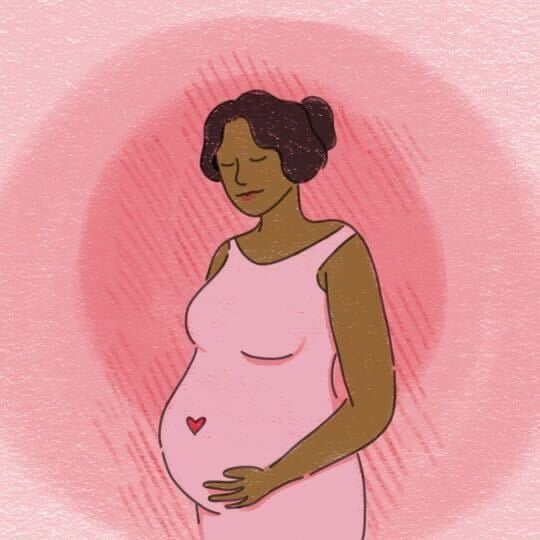The Austin City Council approved the renewal of an agreement with the University on Thursday to help improve birth outcomes and maternal health for women of color.
The agreement gave the University almost half a million dollars to “improve birth outcomes” through Mama Sana Vibrant Woman and the Alliance for African American Health, two organizations that provide free support and education to pregnant women and mothers of color.
The grant will go directly to the programs, said Shalonda Horton, principal investigator for the grant and nursing clinical assistant professor.
The grant came to fruition in a class where graduate students worked with different organizations, including Mama Sana and the Alliance, to advocate for health equity at the city level, Horton said. This resulted in a partnership with the School of Nursing and the University received funding from the city in 2016 as part of Austin’s health equity grants, Horton said.
The University and the organizations co-wrote the grant, but Horton said the goal is for the organizations to write grants on their own in the future.
While the School of Nursing helps the organizations start new programs or access resources, Horton said the School mainly provides resources when needed. UT students no longer work in the program, said Jaime Lee, director of communications for the school.
“We don’t want to take away from their vision — it’s theirs,” Horton said. “When you collaborate, sometimes the vision can be skewed because another agency is coming in, and we don’t want that. That’s why I think it’s beautiful that the collaboration is just (there) to support.”
Mama Sana Vibrant Woman hosts four support programs to guide families through stages of pregnancy, birth and postpartum, said Rios, community engagement coordinator for the program. Rios asked to be identified by their last name only.
“I’ve seen our program help pregnant women by empowering people with knowledge and community,” Rios said. “Pregnancy can be a very isolating experience in a world that’s not set up for pregnancy and childbearing experience, and so finding people who are experiencing the same huge life event — especially people in your city and people who speak your language — is super critical.”
Black women are nearly twice as likely as white women to experience pregnancy complications, according to a June University of Houston report. Unequal access to resources and opportunities in communities of color cause racial disparities in maternal healthcare, said Starla Simmons, social work clinical assistant professor and former board chair for Mama Sana Vibrant Woman.
“The blame and responsibility is often placed on Black mothers, but if one doesn’t have access to high-quality, culturally responsive reproductive care, their health suffers,” Simmons said in an email. “The solution to reduce the gap exists, but if funders, policy makers and healthcare workers don’t prioritize making changes, the disparity will continue to exist.”
Simmons said health complications during pregnancy can have long-term consequences, such as anxiety, trauma, depression and grief.
“As a mental health professional and a Black mother, I cannot stress enough how important a social network is for the overall health of birthers and their babies,” Simmons said in an email. “Our social systems help us to assess a situation and speak up when something isn’t right, provide emotional support and an extra set of hands when needed. This is essential when the healthcare system doesn’t always do its job.”
Rios said Mama Sana Vibrant Woman offers free services in both Spanish and English with a focus in Travis County. Rios said families can join the program by filling out an interest form on its website.













